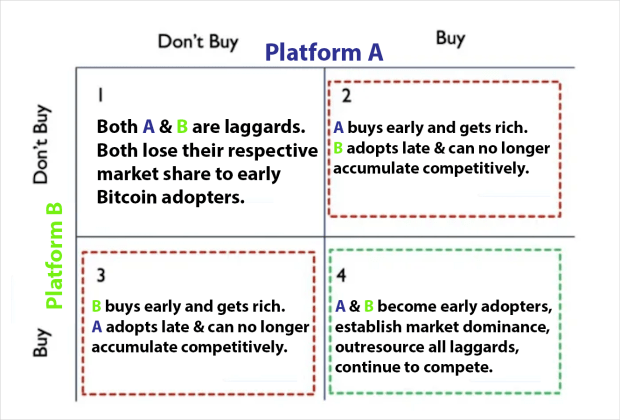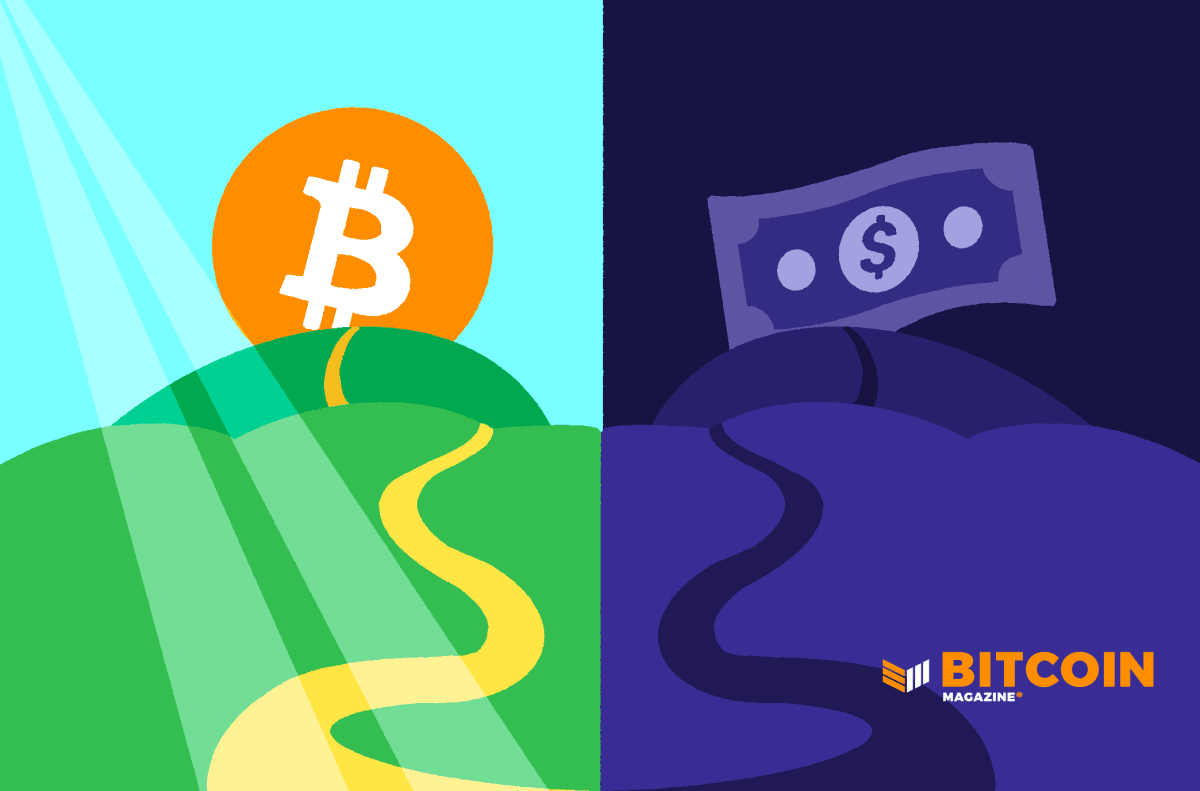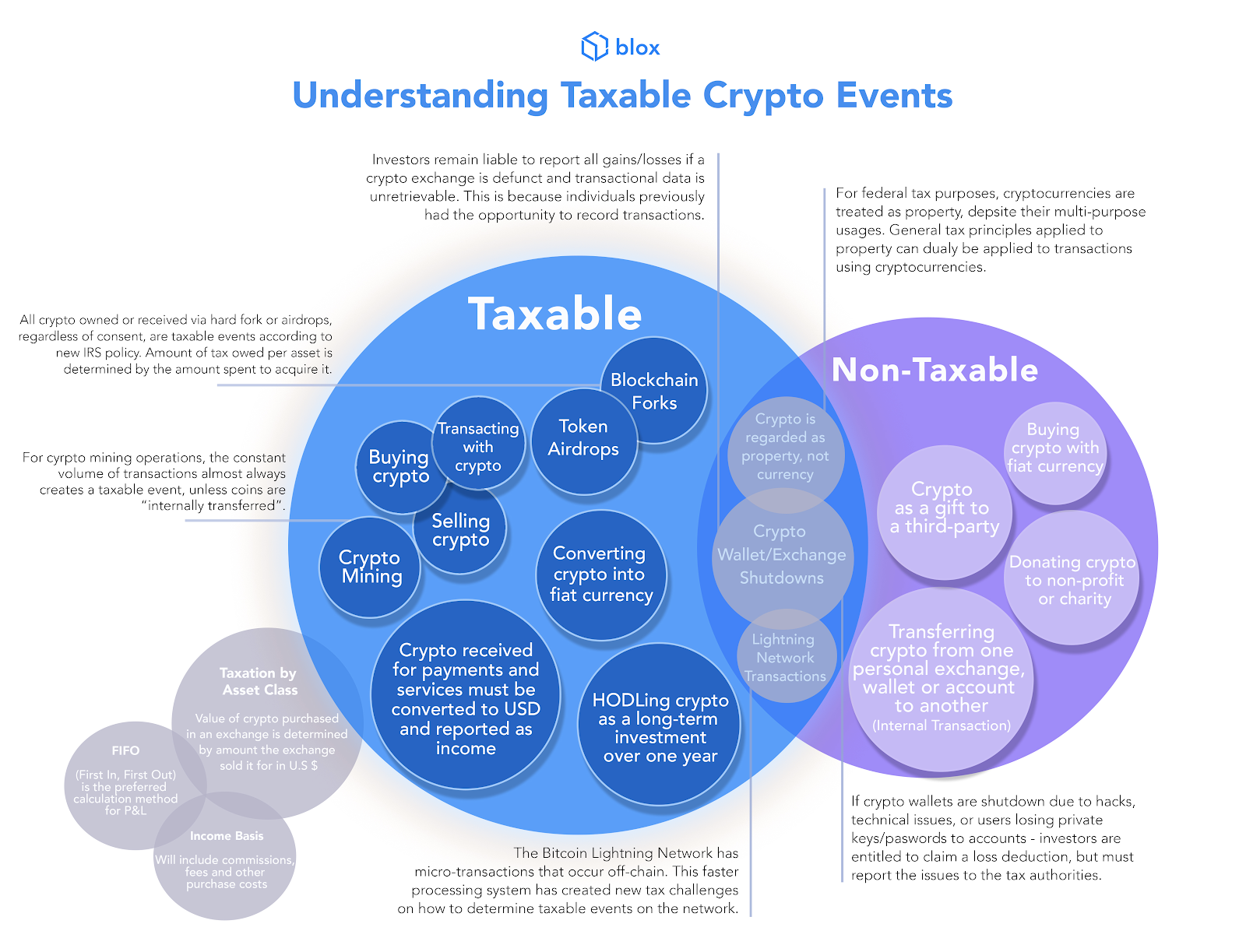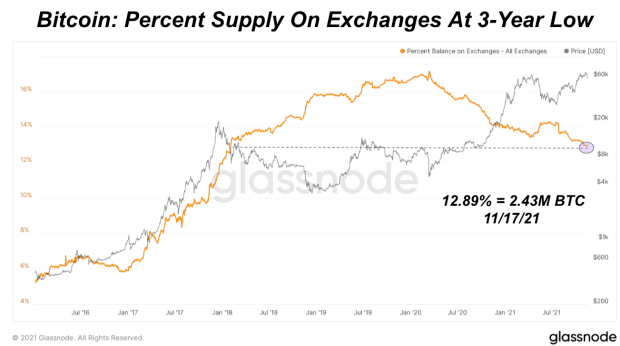What is KYC?
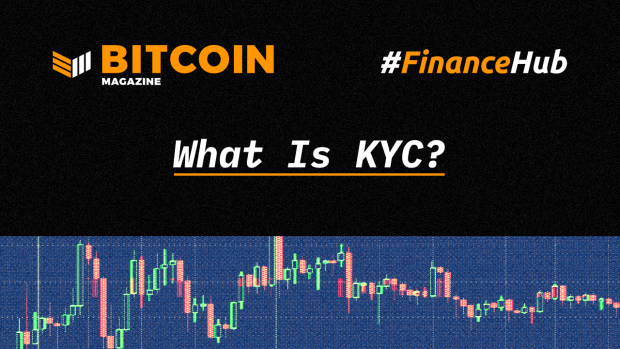
Know Your Customer (KYC) guidelines are requirements that compel financial services providers to make an effort to identify their customers. Fulfilling KYC requirements often includes gathering personal information about these customers by asking them to submit personal ID documents (e.g., passports), pictures of themselves or proofs of address.
For many bitcoin exchanges, an aspect of mandatory compliance with local legislation includes KYC and Anti Money Laundering (AML) efforts that showcase to enforcement what steps the exchange is taking to prevent money laundering and other illegal activities. A major component of an effective AML policy is having a KYC process.
The KYC information collected is used to identify and verify users to stop activity deemed suspicious by regulators from occurring on the exchange.
What Are The Issues With KYC Requirements
As Bitcoin adoption has grown across mainstream institutions and regulators begin to pay more attention, it has become more difficult to purchase without submitting your personal identification.
All of the widely-known cryptocurrency exchanges are required by law to collect the personal information of users. Doing so then ties your personal identity with a bitcoin address. This gives law enforcement the ability to gather your buying/selling history and where that bitcoin has been transferred.
This leaves you susceptible to tax liabilities, confiscation of your bitcoin and being blocked from using other regulated services.
Therefore, the need for non-KYC exchanges has recently grown. These exchanges enable people to transact BTC without the requirement to submit identification, giving people the ability to preserve their personal information and to safely transact bitcoin without any oversight.
Other risks that come with KYC requirements at bitcoin include:
- Identification Theft:
Not only does registering with an exchange make you susceptible to and traceable by law enforcement, it also poses a number of risks to your personal privacy.
KYC-collecting exchanges are honeypots for hackers to steal personal identification from its customers. According to the blockchain analysis firm Chainalysis, exchanges faced more successful attacks in 2019 than in any other year since 2011.
Your identification documents are often very valuable to people who commit identity fraud. By allowing an exchange to keep your identification on its server, you put your personal privacy at risk of being leaked. This becomes especially risky when using smaller exchanges that often have weak security protocols to protect your identification.
- Censorship
Exchanges often work with blockchain surveillance companies to monitor withdrawal destinations to ensure bitcoin are not being sent to blacklisted addresses. These blacklisted addresses are often associated with deep web black markets that facilitate the transaction of narcotics and weapons.
If you were to withdraw your bitcoin to an address on the exchange’s blacklist, they could easily block the transaction and flag you as being a potentially high-risk customer, leading to either freezing your funds or banning your account from further transactions.
The Best Non-KYC Bitcoin Exchanges
There are a few options available for people looking to transact cryptocurrencies without the need to submit personal identification. These exchanges often utilize a peer-to-peer (P2P) network where you interact directly with another individual rather than a centralized exchange. The following are some of the most reputable platforms:
Hodl Hodl
Hodl Hodl is a P2P platform for users to transact bitcoin without any middleman or the need to submit personal identification documents. Some sellers require identification, but not all. This platform utilizes a 2-of-3 multisig escrow address. This provides a key for both the buyer and seller, and Hodl Hodl holds the third key in the event that a dispute occurs.
Bisq
Bisq is also a P2P platform, which can be accessed via the desktop app. This platform sits on the Tor network for added security. Most merchants require no KYC information. The platform uses a 2-of-2 multisig escrow system in which the buyer and seller each hold a key to the bitcoin. This requires both parties to be in agreement before the bitcoin can be moved to either party. In addition, all communication between the buyer and seller is encrypted so that no third party can spy on conversation history.
LocalCryptos
This is another P2P platform that supports over 40 methods to pay merchants from all around the world. Communication on the platform is encrypted and escrow is used so that neither the buyer nor seller can cheat during a transaction.
The Disadvantages Of Non-KYC Exchanges
Despite the fact that non-KYC platforms protect your privacy from law enforcement and other third parties, a few disadvantages exist when compared to the more popular KYC exchanges.
Premium Price
Purchasing or selling bitcoin on such platforms typically comes at a cost above the market rate. The typical premium often ranges between 4 to 10 percent, depending on the platform and the specific merchant.
Fraudulent Merchants
Most platforms often use a review system for merchants to help customers confidently transact with merchants for the first time.
Unfortunately, some merchants will try to scam people out of their money. Luckily, most platforms have a dispute resolution process and escrow service to help protect customers from being defrauded. The transaction process will often not be as smooth over using a normal, KYC compliant exchange.
Final Thoughts On KYC
Once identification documents are submitted to a cryptocurrency exchange, they are there forever. There is no way to have that information removed or destroyed. This is why you should be cautious about the exchanges for which you choose to sign up. You open yourself up to having your information leaked or to being monitored by unwanted third parties, such as law enforcement.
Luckily, people who are interested in preserving their identities can use alternative exchanges, such as the P2P platforms mentioned above.
Ultimately, Bitcoin was designed to be censorship resistant and pseudonymous. By utilizing P2P platforms, users help preserve some of the main tenets that Bitcoin was initially built on.

